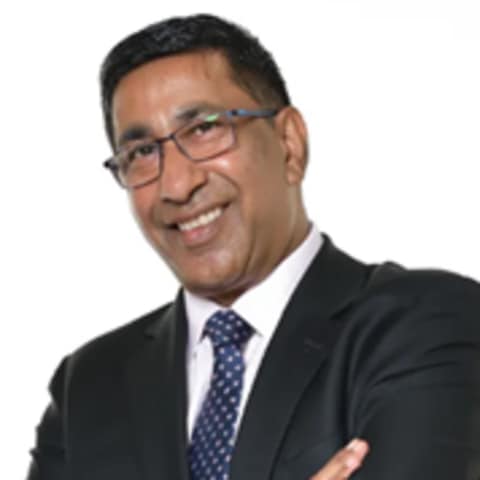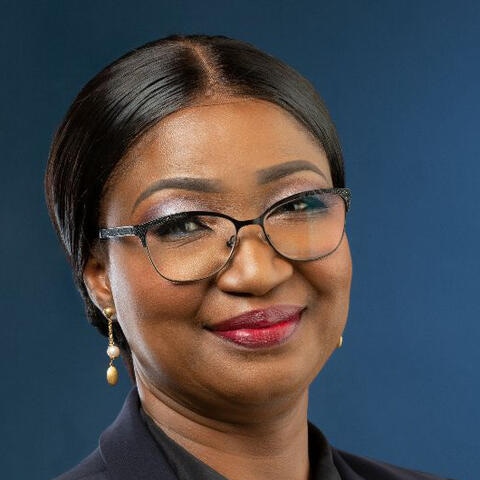Swift data shows that between 2018 and 2024, Africa’s payments traffic increased by more than 8% yearly on average. Payment message volumes have continually grown, too – now 57% greater than in 2018.
In the area of payments, the opportunities for Africa are vast. Yet these are accompanied by challenges. Pressures include those stemming from the complexities of its financial infrastructure to global geopolitical developments.
Swift Connect Africa provides a forum for collaboration between Africa’s payments experts. In May, the industry convened in Dakar, Senegal for the event’s latest iteration. Under the theme of ‘Connecting Africa and the future of finance’, discussions focused on the growth in intra-Africa trade, interoperating Africa’s payments ecosystem, and what macro trends like digital assets and AI could mean for the continent.
Facing down fragmentation
There were also lively discussions on mobile money and digital payments, and future-proofing the ecosystem. The breadth of subjects reflected the level of activity within Africa’s rapidly evolving payments sector.
But discussions also brought into focus the challenges of increased financial fragmentation, and the importance of ensuring interoperability to avoid significant damage to the global economy. Working towards fully interoperable cross-border payments systems will be a cornerstone of the future of finance.
Addressing fragmentation in Africa’s payments ecosystem will require improvements at every level, from messaging and standards to systems and networks, covering accessibility, financial inclusion, and customer experience.
Collaboration for harmonisation
Harmonisation in financial messaging is a building block for interoperability. November 2025 will mark a milestone in the transition to ISO 20022 for payments, heralding benefits from greater efficiency to better data, insights and compliance.
Firms globally are investing in the move to ISO 20022. Across Africa, adoption is comparably healthy: raising the rate across sub-regions will be vital to decreasing fragmentation.
Are you ISO 20022 ready?
Make the leap to ISO 20022. Upgrade your infrastructure.
Similarly, usage of Swift GPI is increasing, also helping address fragmentation. It has changed the way financial institutions (FIs) send cross-border payments, making for fast, transparent transactions tracked end-to-end.
African FIs using Swift GPI have cited its importance in enabling customers to track payments and enhance decision making. As take up continues, the industry can look forward to fostering greater interoperability.
Creating a digital region-wide payments network
Africa’s payments ecosystem covers 54 countries, 42 currencies and over 30 instant payments systems (IPSs). This, combined with a young demographic, a large proportion of the population being unbanked, and new providers entering the market, makes for a dynamic landscape.
Fragmentation is a given, but work towards interoperability is crucial. With Africa’s IPSs supporting economic growth and financial inclusion, a major next step is to ensure domestic systems can be interconnected across borders.
Similarly, the success of digital payment systems, particularly for mobile payments, has helped advance financial inclusion. Mobile money services have facilitated cross-border payments, connected businesses, and enabled unbanked individuals to become part of the financial system.
For places with less traditional banking infrastructure, or businesses in remote areas, this is powerful. And the impact of Africa’s mobile money platforms can increase further with their integration into IPSs.
Enhancing the payments experience in Africa
Work towards interoperability can also help to deliver more immediate benefits to end customers. Consumers, small to medium-sized enterprises, and corporates have specific needs of interfaces, with tracking a priority across segments.
Swift is collaborating with the industry to uplift the customer experience through improving transactions end to end. We have worked with banks from across the world – including in Africa I&M, NMB and Investec – as well as technology vendors, on how exposing back-end Swift solutions in customer-facing channels could enhance the user experience.
The positive results of such collaboration, the growth of intra-African and cross-border payments, and Africa’s forerunning role in digital payments, all go to show the potential of Africa’s payments industry. It is well positioned to create a more interconnected payments ecosystem, as part of an instant and frictionless future.
Related
The path to enhanced cross-border payment experiences
We partnered with McKinsey and Company to benchmark the payments experience offered to customers around the world. Here’s what we found.





